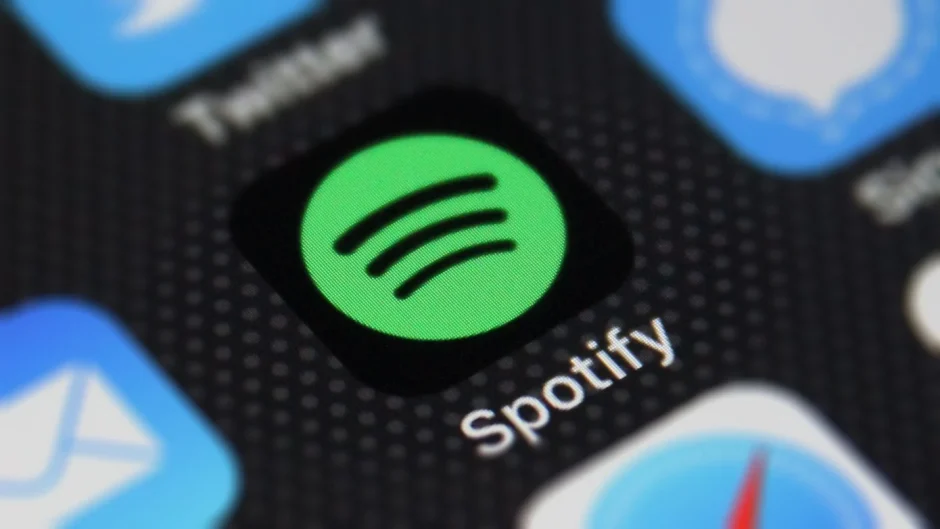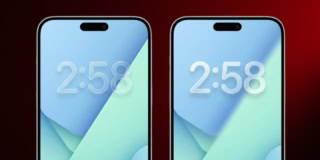New Spotify Technology Will Convert Radio Broadcasts into Podcasts

This new technology announced by Spotify will help traditional radio broadcasters to convert upload their content as podcasts thus generating extra revenue
While the world has moved on towards newer forms of entertainment, there is always that one radio show that you would fancy listening to on a long car ride or while sipping your evening tea on a Sunday, well Spotify might soon be converting that radio show into a podcast.
The Sweden based audio streaming platform has just recently announced a new technology that can automatically convert radio broadcasts into podcasts, thus letting you listen to your favorite radio show, anywhere and anytime.
This technology of converting existing audio content into podcasts, reportedly comes from an Australian podcast company called Whooshkaa, which Spotify acquired in 2021. Now planning to utilize this technology, Spotify will soon launch it on its podcast platform named the ‘Megaphone’.
Releasing this new technology will create a win-win situation for both Spotify and Radio broadcasters, helping both the parties to earn more revenue.
Radio broadcasters, ever since the progress of digital media, have been facing constant listenership decline. Converting their radio content into podcasts will help these creators launch their content on platforms such as Spotify, helping them gain more listnership and give them an increased revenue.
Spotify on the other hand wants to expand its podcast library and reach more local audiences, and what’s a better way to do that, than bringing the already established radio broadcasters onto its platform.
According to details, this new Spotify technology will automatically deliver the podcast versions of radio shows to their creators, while identifying, cutting and replacing the advertisements in between these radio shows.
Spotify believes that radio broadcasters have a lot of interesting content, but are often not uploading it in the form of digital media; this new step, however, will be a game changer. What do you think? Let us know in the comments.
Read more:
Sharing clear, practical insights on tech, lifestyle, and business. Always curious and eager to connect with readers.


 2 min read
2 min read
















